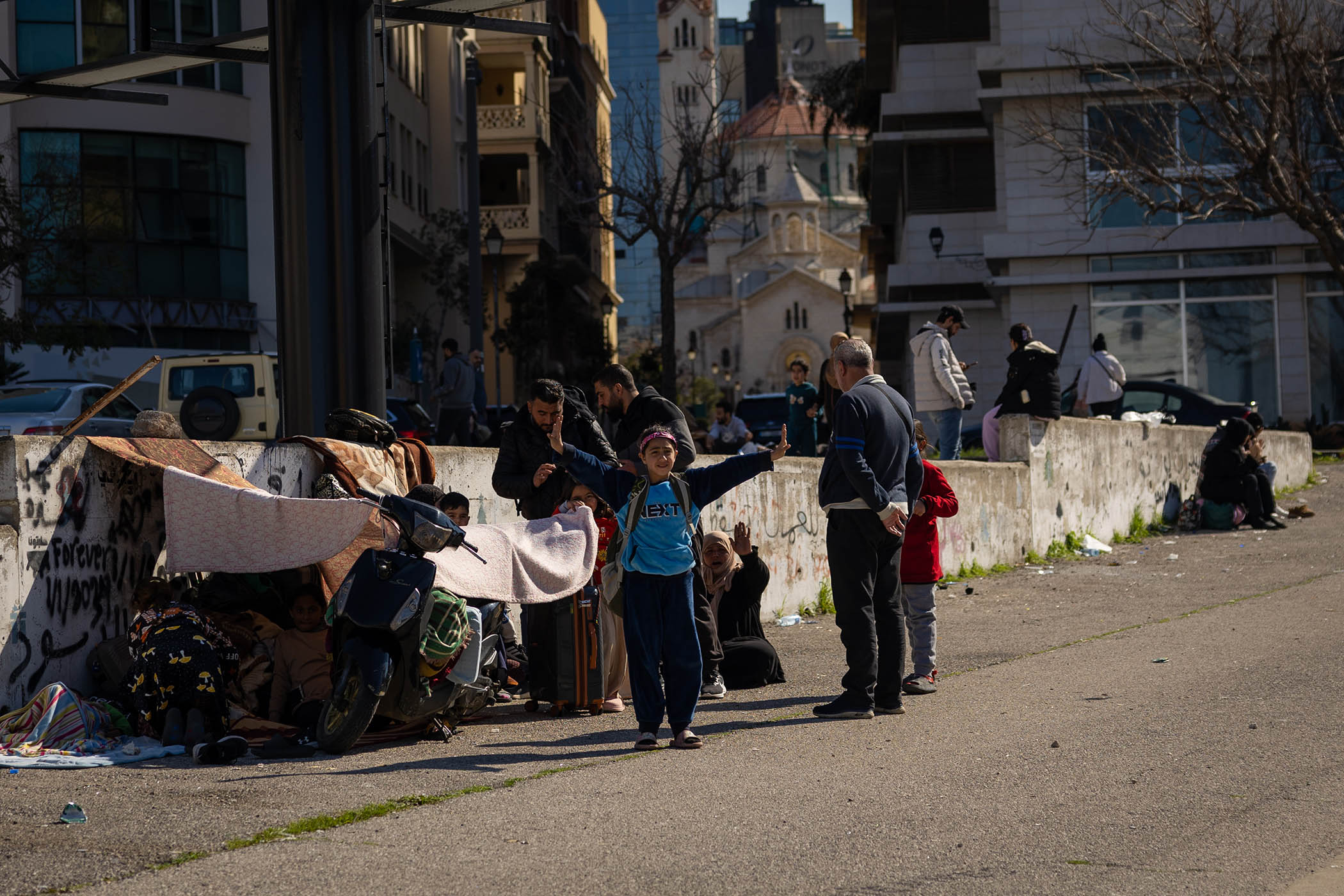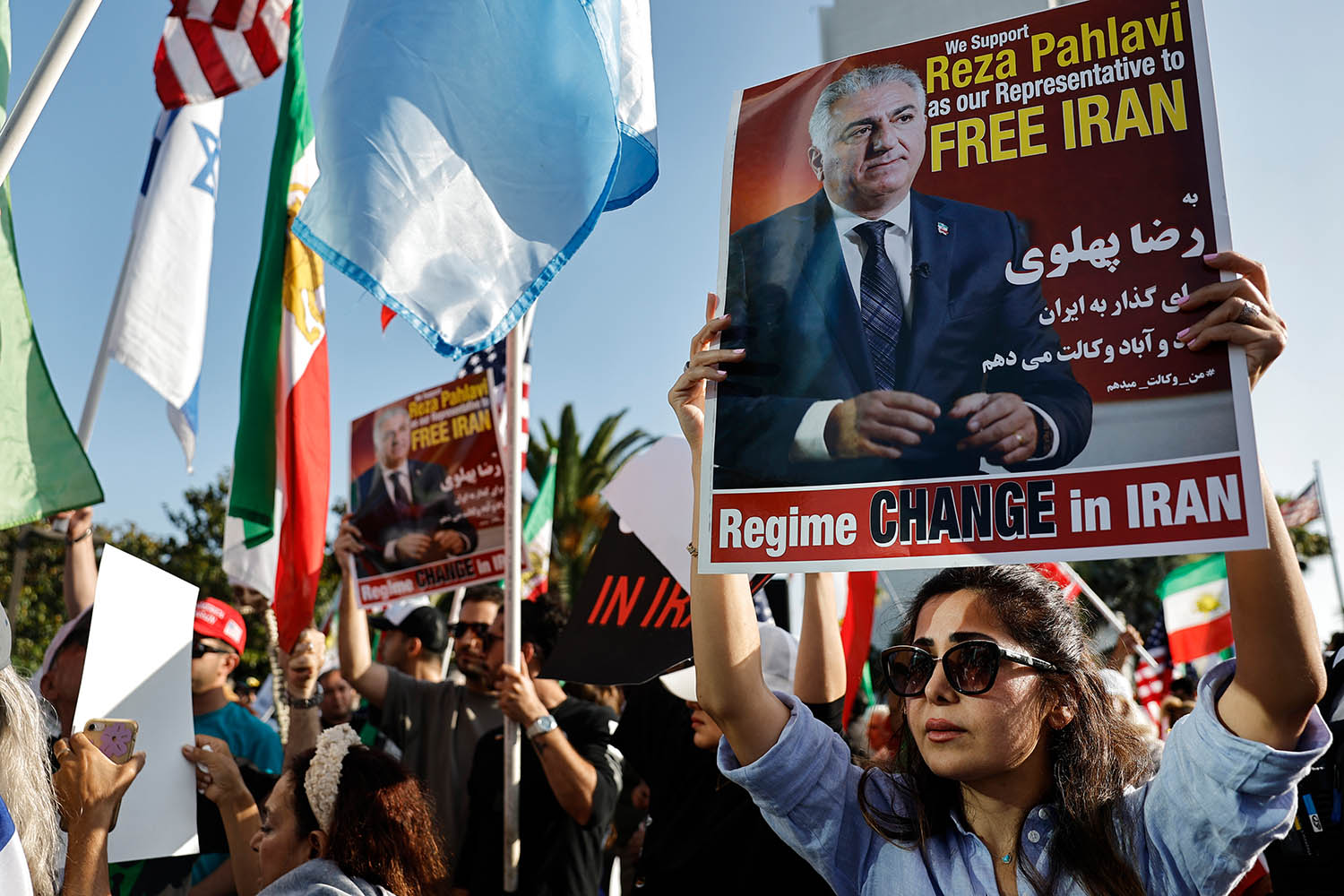The phrase began cropping up in Israeli discourse shortly after Hamas’s attack on 7 October 2023, which sparked the two-year war against the militant organisation and the cruellest possible assault on the people of Gaza.
For most Israelis, 6 October became a symbol of the bitter political arguments that had racked the country preceding the attacks, leaving society riven and vulnerable. In January 2024 a former minister from a centrist party used the term to exhort Israelis to abandon 6 October-style acrimony in favour of a new-found solidarity. “The war generated a mirror image… We fight together, contribute and volunteer – together.” A soldier had told him: “In Gaza, there’s a spirit of unity and partnership.”
Israel’s prime minister, Benjamin Netanyahu, used it in December 2024 to imply a tough response to any violations of the then fresh ceasefire with Hezbollah in Lebanon. No more 6 October.
In sum, not going back meant that Israel would take a merciless, escalatory military approach to all threats. Not going back meant no dissent. Perhaps most disturbing is that Israeli society might only find peace within by fighting a war.
Now that Israel and Hamas have embarked on a ceasefire deal brokered by Donald Trump, with the remaining Israeli hostages to be released and a partial Israel Defense Forces withdrawal from Gaza, it should be clear that the region must never go back to 6 October. But what Israelis mean by that is the opposite of what actually needs to change.
The grand plan implemented during Netanyahu’s long, nearly unbroken rule from 2009 on was clear. No two-state solution, no agreed political resolution, no Palestinian state. His vision was wrong not because a political resolution based on Palestinian self-determination alongside Israel will solve everything, but because the only way to reduce cyclical violence is to channel conflict into political frameworks. Some violence will remain – remnants, not the routine.
Another policy hewn from Netanyahu’s fanatic anti-Palestinian ideology was euphemistically known as “conflict management”. Amazingly, someone convinced policymakers that the Israeli-Palestinian conflict was static, simply frozen until the “conditions were ripe” – a process that was supposed to happen ex nihilo, out of nothing – for an agreement.
But conflict management meant expansion of settlements, land and water theft, the suffocation of the Palestinian economy and freedoms, a nearly impenetrable divide between the West Bank and Gaza, in a fool’s errand to try to destroy the Palestinian national identity through endless fragmentation.
In the spirit of the peacemakers, let’s rechristen this concept by its real name: the fraud of the century. Conflict management, its proponents hoped, was only ever about creeping, then de facto, and – one day – de jure annexation.
The worst manifestation of those two pre-7 October policies was Israel’s approach to Gaza: sever and isolate the Strip, punish its civilians for Hamas, while strengthening the group through Qatar cash injections, undermining Fatah and permanently avoiding Palestinian political unification. The aim was to avoid negotiations – to ensure aim No 1: no Palestinian state.
Newsletters
Choose the newsletters you want to receive
View more
For information about how The Observer protects your data, read our Privacy Policy
For 16 years, from 2007 to 2023, Israel maintained a chokehold on Gaza, selling the policy as a security requirement. In reality, the closure of Gaza ruined the lives of civilians and raised a generation that festered in fury, while Hamas smuggled arms and supplies to wreak havoc.
Not going back to 6 October means jettisoning these failed policies. The Israeli government will never do it. The public, lied to all these years, at once emotionally wrecked and belligerent, cannot see what went wrong with clear eyes.
Does Trump realise what he is up against if he wants a chance at the Nobel peace prize next year? Maybe. His 20-point plan contains valuable openings, such as barring Israeli annexation of Gaza or expulsion of Palestinians, a temporary international force and a Palestinian transitional governing body; it says the words “Palestinian statehood”. Yet it is hard to trust Trump’s commitment to the plan in full.
If Trump really means it, he will make good on multilateralism. Not only with Gulf allies but with international institutions such as the UN, by merging his plan for example with the far more detailed “New York declaration”, leading to a two-state solution. Something this serious cannot be a solo Trump show; that would be like leaving the future of the Middle East to Netanyahu.
And that would be going right back to 6 October.
Photograph by Menahem Kahana / AFP


